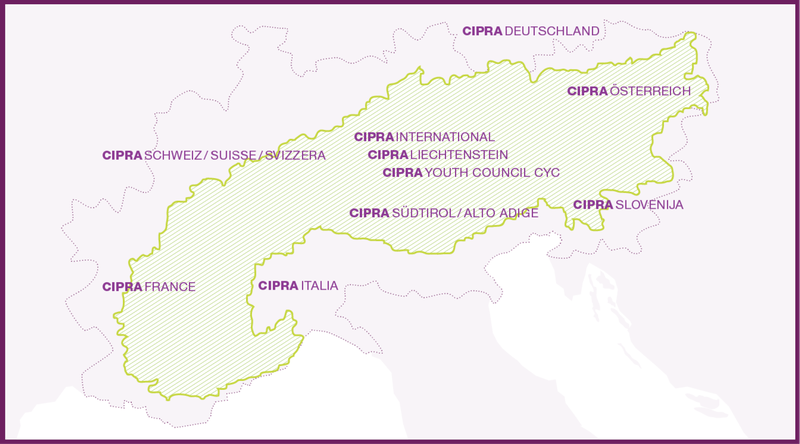Laura Haberfellner, CIPRA International Lab
Innovation to counter emigration
Emigration and the brain drain in the Alpine region: a new EU project involving CIPRA aims to counteract this trend. It is testing innovative governance models to strengthen mountain regions and create a win-win situation for regions of origin, destinations and young emigrants.
Who is CIPRA?
Find out more!
More articles
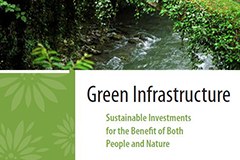
CIPRA Internationale Alpenschutzkommission | Schaan, LI
Win-win for nature, economy and society: more green infrastructure throughout Europe
Since May the countries of the European Union have received guidelines on how to promote green infrastructure. The European Commission has adopted its strategy on this topic with the aim of better integrating natural processes into spatial planning and strengthening the benefits of intact ecosystems for the economy and society. In addition, Natura2000 and Emerald sites have been further recognized as major elements in an ecological network.
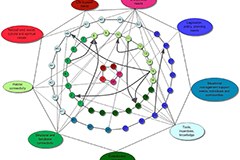
CIPRA Internationale Alpenschutzkommission | Schaan, LI
Alpine Convention strengthens co-operation between neighbouring countries
With its new presidency, the "Ecological Network" Platform of the Alpine Convention is now continuing its work. In focus over the next two years are cross-border co-operation between neighbouring states and activities in the pilot regions.
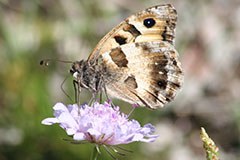
CIPRA Internationale Alpenschutzkommission | Schaan, LI
The cameras are rolling for hermits and fire salamanders
What can be done to preserve the diversity of plant and animal species in the Alps? CIPRA provides some answers in the short film "For hermits and fire salamanders - How municipalities connect habitats in the Alps". The film can be seen online and at different locations in the Alps.
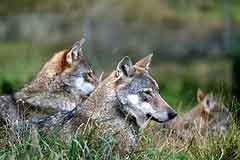
CIPRA Internationale Alpenschutzkommission | Schaan, LI
Ecological Continuum in the Alps: from 50 questions to a few concerted actions
How will demographic change affect the future of the ecological continuum? And which indicators of species and habitats can be used to assess an ecological network? These are just two of the 50 questions put together by scientists, politicians and environmentalists from all the Alpine lands.
Events
There is nothing to see here at the moment. Why not take a look at the other countries?
Projects
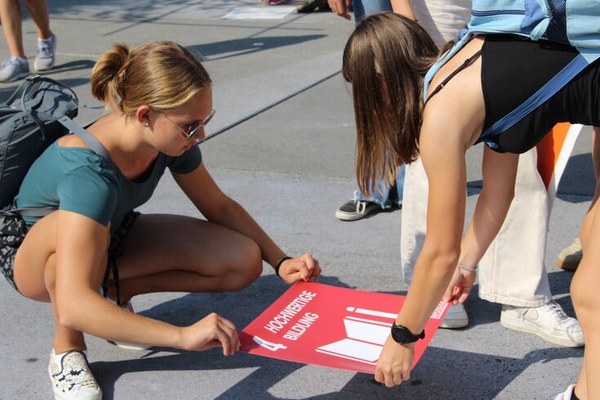
CIPRA International
Ars vivendi
[Project completed] How can the Sustainable Development Goals (SDGs) be learned and taught? In the project «ars vivendi» a didactic tool for the Global Agenda 2030 is being developed.
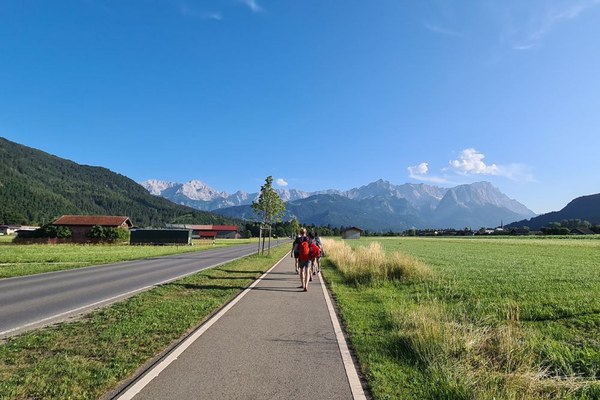
CIPRA Deutschland | CIPRA France
DINAMO
[Project competed] In many rural areas of the Alps, public transport services are inadequate for daily needs and tourism development. In some remote mountain regions, this is one of the reasons why there is a considerable amount of car traffic, especially on weekends, public holidays and during rush hours. There are various reasons for this, including the high cost of public transport solutions due to low population density, inadequate public transport options (such as timetables, accessibility, connectivity, travel time and costs) and political and social preferences in favour of private motorised transport.

CIPRA International Lab
LISTEN
The LISTEN project is analysing the use of space in suburbs on the basis of three pilot regions in Belgium, Sweden and Austria. CIPRA Lab GmbH is working together with partners from research and regional stakeholders.

